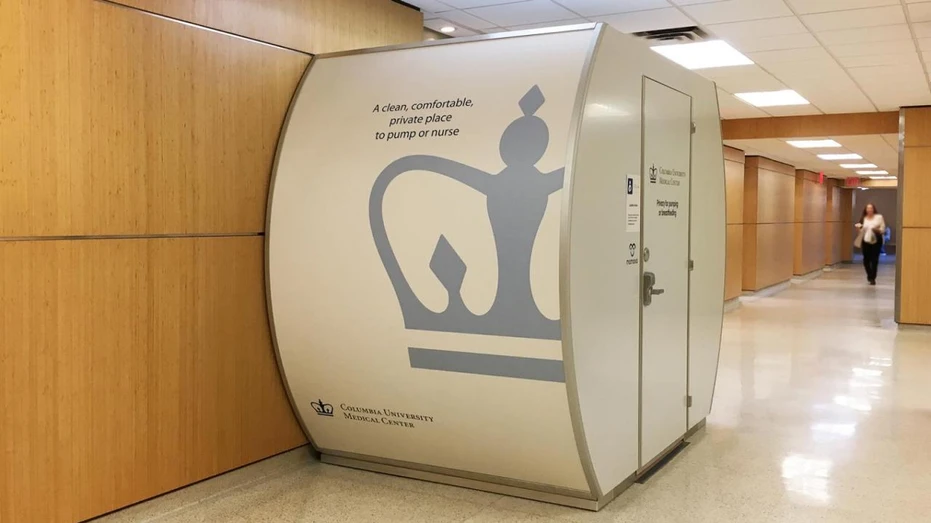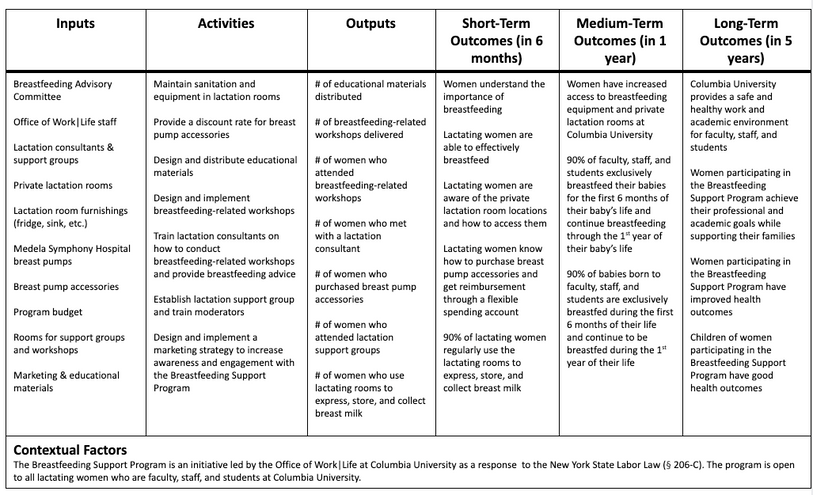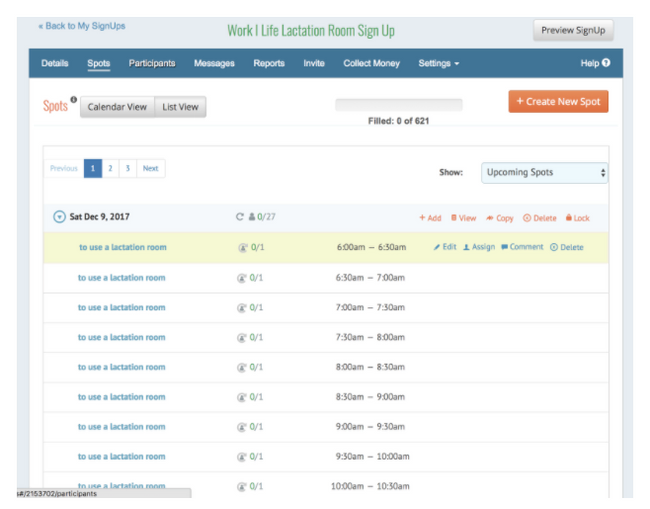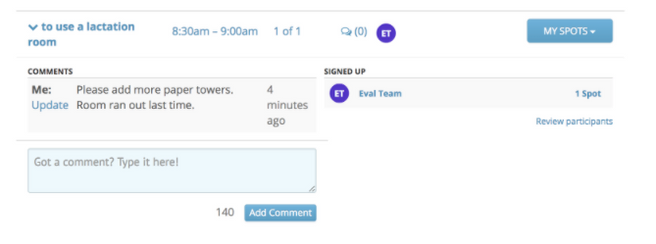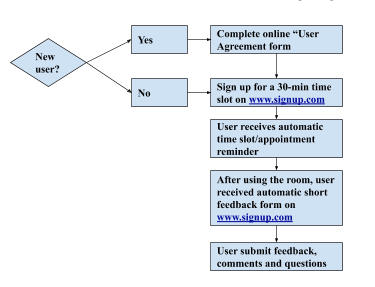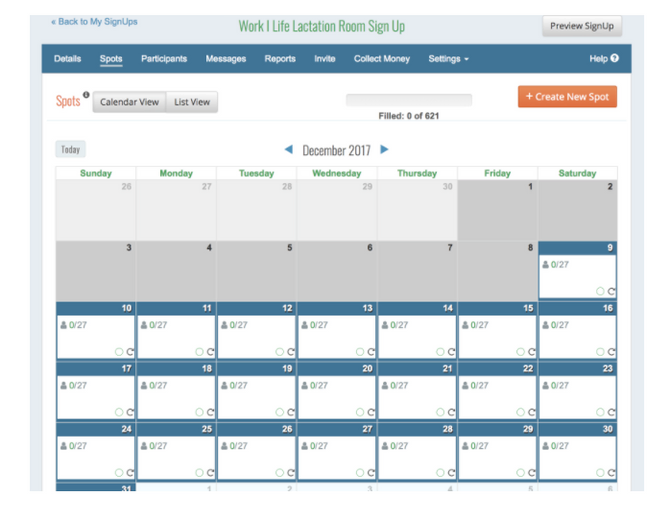Challenge
The Breastfeeding Support Program, managed by the Office of Work|Life at Columbia University, provides lactating individuals with private rooms equipped with hospital-grade breast pumps to express, store, and collect breast milk while on campus. The program staff needed to assess its effectiveness and identify ways to increase awareness, knowledge, and usage of the lactation rooms among staff and students.
Approach
I collaborated with a team of public health evaluators to conduct a process and outcomes evaluation using the CDC Program Evaluation Framework. We developed a theory of change to improve health outcomes and interviewed program staff while reviewing past testimonials and feedback from lactating individuals. We also analyzed historical data on lactation room usage, identifying three key themes for the program: education, privacy, and access to breast pump accessories.
Our research revealed that the program increased breastfeeding rates among individuals who had not traditionally breastfed, which contributed to lower rates of gastrointestinal disorders in infants and more frequent well-baby visits. The evaluation also highlighted other positive health outcomes, including reduced feelings of shame and stigma around breastfeeding in the workplace.
Results
We presented our evaluation findings to program stakeholders and provided actionable recommendations. I proposed digital tools such as a virtual lactation room sign-up and scheduling system through Sign-up Genius to help lactating individuals easily check room availability. I also recommended providing sanitization accessories to maintain hygiene in the lactation rooms. These solutions have been implemented and remained in use, especially during the COVID-19 pandemic. The evaluation plan was published by Columbia University.
Citation
@online{ali2017,
author = {Ali, Elham},
title = {Columbia {University}},
date = {2017-12-16},
url = {https://www.elhamyali.com/},
langid = {en}
}
